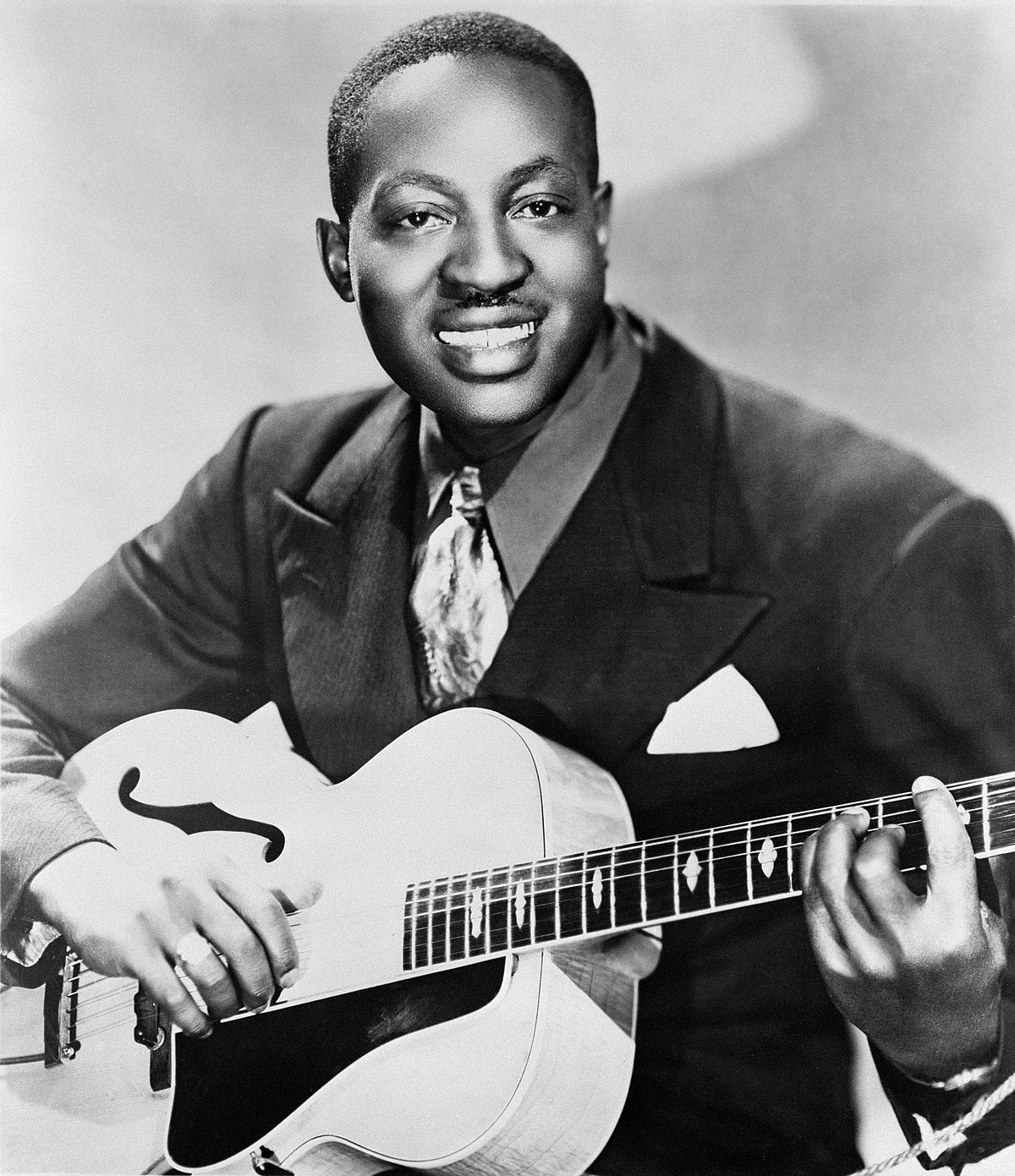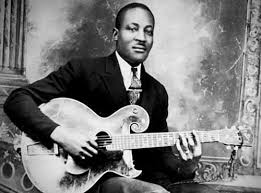Big Bill Broonzy, born as Lee Conley Bradley on June 26, 1893 (or 1903, as some sources claim), in Scott County, Mississippi, is celebrated as one of the greatest early blues musicians in American history. His music profoundly shaped the blues genre and influenced the development of jazz, folk, and rock music. A multi-talented performer, songwriter, and guitarist, Broonzy left an indelible mark on the global music scene, not just through his incredible recordings but also as a bridge between the rural blues of the South and the urban sound that emerged in Chicago.
Early Life and Musical Beginnings
Broonzy was raised in a large farming family in the Mississippi Delta, where he was exposed to the spirituals and field songs that were woven into the fabric of African-American life. As a child, Broonzy learned to play the fiddle from his uncle and began performing at church events and social gatherings. Music was an escape from the hardship of sharecropping and rural poverty, but it wasn’t until after World War I that Broonzy fully embraced a musical career.
In the early 1920s, he moved to Chicago, like many African Americans seeking new opportunities in the North. Here, he traded his fiddle for a guitar and immersed himself in the burgeoning Chicago blues scene, which would soon catapult him into fame.
Rising Fame in Chicago
By the 1930s, Chicago had become the epicenter of the urban blues scene, and Big Bill Broonzy was at its heart. He began recording his own songs, blending the traditional Delta blues style with a more polished, urban sound. His warm, deep voice and fluid guitar playing set him apart, and his ability to write songs that touched on themes of love, hardship, social justice, and race made him a standout storyteller.
Broonzy’s early recordings, like “Big Bill Blues” and “Key to the Highway,” showcased his ability to express complex emotions with simplicity and soul. He collaborated with other blues legends like Memphis Minnie, Washboard Sam, and Tampa Red, and his songs became a staple on jukeboxes and radios across the country.
A Bluesman Goes Global
While many of his contemporaries were confined to the United States, Broonzy’s career extended across the Atlantic. During the 1950s, he embarked on a successful European tour, introducing European audiences to the rich tradition of American blues. His performances in England, France, and Belgium were warmly received, and he became a mentor to a new generation of musicians, including British blues pioneers like Eric Clapton and the Rolling Stones.
In Europe, Broonzy often performed with acoustic guitar, tapping into the emerging folk revival movement. Songs like “Black, Brown, and White,” which addressed racial injustice in America, resonated deeply with European audiences and showed Broonzy’s willingness to confront social issues through his music.
Legacy and Influence
Big Bill Broonzy’s impact on music is undeniable. He recorded hundreds of songs throughout his career, many of which became standards in both the blues and folk music repertoires. His versatility, performing everything from down-home Delta blues to polished urban ballads, allowed him to stay relevant across multiple decades and musical movements.
Broonzy’s influence extended beyond blues. He was instrumental in introducing the genre to a wider audience and helped pave the way for future blues greats like Muddy Waters, Howlin’ Wolf, and B.B. King. His collaborations with jazz musicians also showed his deep connection to that genre, helping to bridge the worlds of jazz and blues.
Final Years and Death
Despite health struggles later in life, including battling throat cancer, Broonzy continued to perform until his death on August 14, 1958. His final years saw him return to a more acoustic, folk-blues style, and he became a key figure in the American folk revival of the 1950s.
Broonzy’s music lives on, his songs covered by artists across genres, his guitar style studied by aspiring blues players, and his contributions to the evolution of American music celebrated worldwide.
A Lasting Legacy
Today, Big Bill Broonzy is remembered as one of the most influential blues musicians in history. His ability to blend folk, gospel, blues, and jazz, along with his storytelling ability and social consciousness, makes his music as relevant today as it was in his heyday. For any serious lover of blues, folk, or jazz, exploring the life and work of Big Bill Broonzy is an essential journey into the roots of American music.


Comments are closed